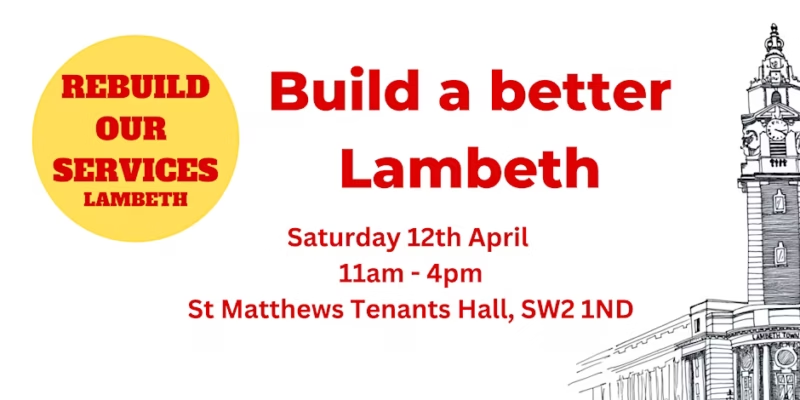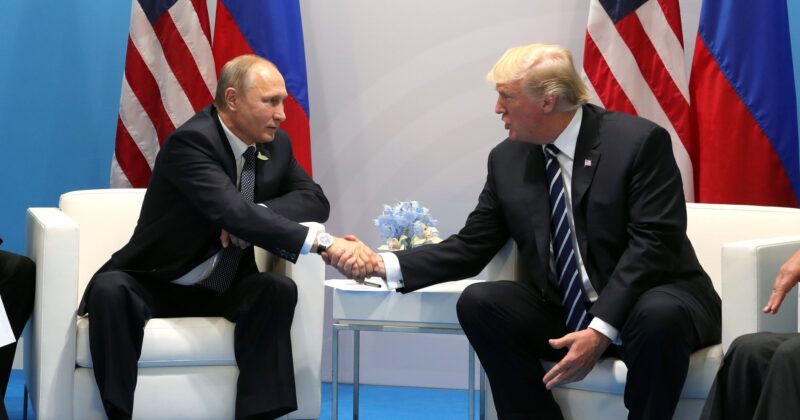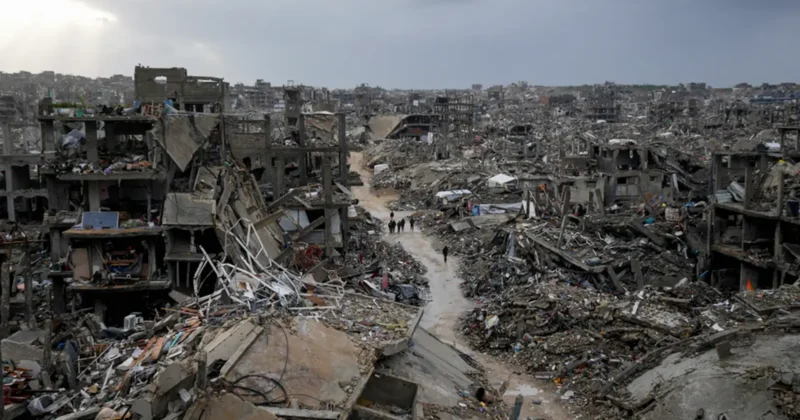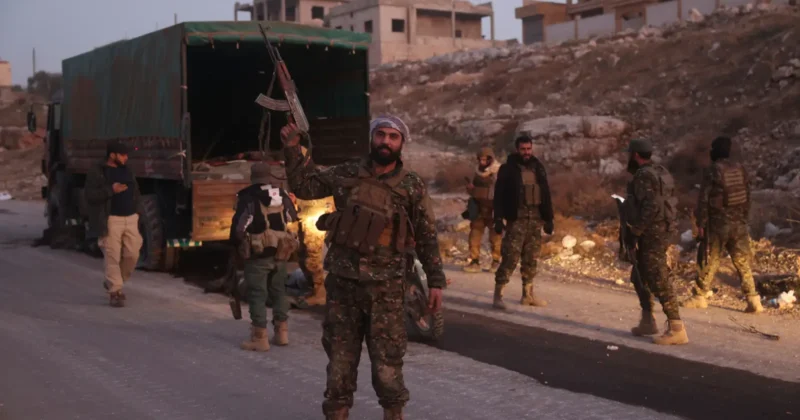France: after the battles of autumn 2010, which way forward?
 France has been gripped by mass strikes and demonstrations many times over the last decade, Marc Lassalle examines the reason for the present lull and the strategy needed to renew them
France has been gripped by mass strikes and demonstrations many times over the last decade, Marc Lassalle examines the reason for the present lull and the strategy needed to renew them
THE LATEST militant upheaval in September 2010, against an attack on the pension system, mobilized workers and youth into several days of strike actions with millions on the streets. But the leaders of the main union confederations refused to turn this social movement into an all-out general strike that could have forced Sarkozy to drop his “reform” or even toppled his government. The movement suffered defeat.
The protracted world economic crisis has not spared France. In 2008/2009, it underwent a sharp recession with a steep decline in industrial production, a wave of factory closures and a massive increase in unemployment.
The government responded by injecting vast sums into the banking and financial sector as well as into key industrial sectors. This limited the damage but the following recovery has proved weak. Industrial production is still 10 per cent below its peak and unemployment remains high; above 9 per cent (3 million according to official figures, probably 5 million).
The crisis has only been postponed however, as the budget deficit has tripled between 2007 and 2009-2010. It is now well above 80 per cent of GDP. While France is not in the critical situation of Portugal, Spain or Italy, it is certainly in trouble.
The government has adopted a plan to slash state expenditure by €12bn in two years. It has announced a severe austerity package: only 50 per cent of retiring public sector workers will be replaced, entire classes in school are to be closed as well as hospitals and a general review is underway examining every sector of the civil service. Huge cuts are bound to follow, at least after the 2012 elections.
The main factor determining the present low level of workers resistance is last October’s defeat, despite a massive campaign of strikes and demonstrations by the unions, led by the CGT and the CFDT. But as usual they limited the campaign to a series of days of actions, one-day-only all out strikes. The figures for the number of people on the demos grew reaching several millions. The powerful federation of chemical workers went on an indefinite general strike that could have paralyzed the whole economy. However, the refinery workers, numerically weak, remained isolated even when they were hit by police repression. Similarly, railway workers and teachers initiated indefinite strikes that were not successful.
What was missing was a clear call for an alternative strategy from an organized force within the labour movement, for an indefinite general strike. This call should have been directed at the union leaders but also fought for amongst the rank and file. By building local assemblies (“interpros”) linking all the workers in struggle, continued strike actions at the local or industrial level could have been initiated and spread. On this basis a democratically elected national strike conference or council could have been summoned, where an alternative fighting leadership to the union tops could have been built.
The French left
In fact, no such force existed or rather those who should have played this role – far left groups such as the New Anticapitalist Party (NPA) and Lutte Ouvriere – refused to do so. Their strategy was merely to tail the movement – hardly criticizing the union leaders or their strategy. Certainly they offered no alternative to it. NPA cadres simply acted as good members of their various unions, not as revolutionary tribunes for an alternative strategy for victory. They hoped that the 2006 success against pension reform could be repeated, but the economic crisis has radically changed the situation in the class struggle.
After the defeat there was not even a clear characterisation of it as a defeat. Instead, the NPA was paralyzed by a deep internal struggle and by a lack of revolutionary leadership.
As a consequence of this defeat the unions’ alliance, the “Intersyndicale”, has split and renewed bickering between union leaders has also contributed to weakening the working class struggles since then. This has created a renewed space for electoralist reformism as many in the working class (including in NPA ranks) think the only solution to the attacks is a victory for the reformist left in the next presidential elections.
Another dangerous consequence of this defeat was the opening of a space for the reactionary ideas of the Front Nationale under Marine Le Pen, popularizing a racist “solution” to the crisis.
What is France’s future?
Sarkozy’s victory, however, is a partial one. The workers movement has suffered a defeat but not a strategic one. The morale of the vanguard is far from shattered. The large mobilizations of 2010 showed a new generation of workers and youth a glimpse of their social power, and links were built between militants.
The economic crisis will continue and probably deepen. This will force the bourgeoisie into more brutal attacks against the working class, similar to what happened in Greece, Portugal, and Spain and is now happening in Italy. The French working class is one of the most militant and combative in Europe. Therefore France will be a major battleground for the class struggle in Europe in the next years.
While important tactical aspects of the fight back will depend on the outcome of 2012 elections, the content of the attacks will be, in essence, identical whether they are conducted by a PS president or by a right-wing president. To be able to respond successfully to these attacks the French working class needs to address the sharp crisis of leadership within its ranks. This extends from ousting the union bureaucrats to building a powerful revolutionary party.
The revolutionary left needs to draw the balance sheet of past struggles, to agitate and organize for an indefinite general strike and to fight for leadership in the struggles as they erupt. This requires an intransigent struggle against the left reformists of the Communist Party (PCF) and the Left Party (PdG) at the polls and in the unions.
All this requires that the vanguard in the NPA organize to take the leadership of the party and that it breaks with its centrist tradition, which has halved the membership in the last two years.









